A lifetime exploring Thailand has equipped Dick Sandler with a rare and exceptional knowledge of this country – and he’s put it to good use with a series of eco-friendly resorts. His latest – Our Jungle Camp in Khao Sok – is simply sublime
When Dick Sandler says that he’s overwhelmed by the beauty of Khao Sok in southern Thailand, you’d better listen up. Here’s why.
For more than half a century, this soft spoken American has travelled to the farthest corners of the kingdom looking for places of outstanding beauty. Once identified, he has gone on to establish a series of unique eco-minded resorts that would make even the most conservative of conservationists go weak at the knees.
Dick has always been way ahead of his time. A natural born lover of tropical jungles and wildlife, he was one of the early pioneers in Thailand’s now burgeoning eco-tourism sector – though more by accident than design, as we will explain.
When Dick Sandler says that he’s overwhelmed by the beauty of Khao Sok in southern Thailand, you’d better listen up. Here’s why.
For more than half a century, this soft spoken American has travelled to the farthest corners of the kingdom looking for places of outstanding beauty. Once identified, he has gone on to establish a series of unique eco-minded resorts that would make even the most conservative of conservationists go weak at the knees.
Dick has always been way ahead of his time. A natural born lover of tropical jungles and wildlife, he was one of the early pioneers in Thailand’s now burgeoning eco-tourism sector – though more by accident than design, as we will explain.
His interest in this country began while taking economics and Southeast Asian studies at Yale University, where his teacher was a dynamic Thai lady called Kamala Sukosol, who today is one of Thailand’s most celebrated hotel owners and entertainers.
Fascinated by what he learned about Thailand, and fired by an “entrepreneurial instinct”, Dick found his way here via a Fulbright scholarship to research economics at Bangkok’s Thammast University under the formidable social activist Dr Puey Ungphakorn. After a short stint back in the US, Dick joined the staff of the Peace Corps which meant a happy return to Thailand.
Moving later to Kanchanaburi, he initially tried his hand at farming. “I loved the jungle and horticulture,” he says. During this period spent in western Thailand, Dick lived on a raft house, swimming daily in the River Kwai.
With visiting friends all wanting to stay in raft houses of their own, the launch of the province’s first riverside rafting resort was inevitable. Fortuitously, he had become an eco-developer by accident which helped him to launch a travel segment that remains close to his heart to this day. The farm project, meanwhile, eventually petered out and lost him “a fortune.”
“I was doing eco-tourism before the term even existed, growing our own food and organizing sustainable tours,” says Dick, who ensured that the locals benefitted from his visitors who bought their wares. He also handed back investors in his farm 40% of their money.
He then worked for the United Nations Development Fund and the World Bank, focusing on rural development projects. This enabled Dick to explore the kingdom’s most remote islands, jungles and beaches. Over the next few decades, he spotted places of immense beauty where he developed ground-breaking, eco-minded vacation projects that always put environment ahead of luxury.
His first serious development was a low-maintenance resort called the Railay Beach Club on a deserted beach in Krabi. Launched in the mid-80s mostly for Bangkok’s expat market, the place had caught his eye because of its “staggering beauty.”
The timing of the beach club was fortunate in that it coincided with Thailand’s tourism boom, which saw droves of foreign visitors exploring this southern province and guaranteeing the resort’s future.
His next project, an idyllic hideaway called Golden Buddha Beach Resort, was built on remote Phra Thong Island in the Andaman Sea, where Dick and his partners acquired a one kilometer of pristine beach from two local families. “Twenty years later when we had become successful resort, they took us to court because we blocked their access. They lost the suit,” remembers Dick.
Disaster struck, however, when the resort was wrecked in the Asian tsunami in 2004 and 15 people lost their lives. The place was subsequently rebuilt and then sold five years ago to a wealthy German investor who has reportedly kept faith with its original eco-objectives.
But Dick had already found his next Shangri-la – the glorious national park of Khao Sok in southern Thailand. He first came across this lush corner of the country several years earlier and was immediately struck by the spectacular scenery and its pristine nature.
“I was looking for beautiful plots of land as a nature lover, came here and was overwhelmed by the beauty of this region,” he says.
Coincidentally, a Peace Corps friend based in Khao Sok was struggling to make living by raising pigs and deer because the land was naturally damp, which affected the animals’ wellbeing. Dick’s solution to the dwindling business was to build trees houses to attract visitors to a region that previously saw few visitors. In return,
Fascinated by what he learned about Thailand, and fired by an “entrepreneurial instinct”, Dick found his way here via a Fulbright scholarship to research economics at Bangkok’s Thammast University under the formidable social activist Dr Puey Ungphakorn. After a short stint back in the US, Dick joined the staff of the Peace Corps which meant a happy return to Thailand.
Moving later to Kanchanaburi, he initially tried his hand at farming. “I loved the jungle and horticulture,” he says. During this period spent in western Thailand, Dick lived on a raft house, swimming daily in the River Kwai.
With visiting friends all wanting to stay in raft houses of their own, the launch of the province’s first riverside rafting resort was inevitable. Fortuitously, he had become an eco-developer by accident which helped him to launch a travel segment that remains close to his heart to this day. The farm project, meanwhile, eventually petered out and lost him “a fortune.”
“I was doing eco-tourism before the term even existed, growing our own food and organizing sustainable tours,” says Dick, who ensured that the locals benefitted from his visitors who bought their wares. He also handed back investors in his farm 40% of their money.
He then worked for the United Nations Development Fund and the World Bank, focusing on rural development projects. This enabled Dick to explore the kingdom’s most remote islands, jungles and beaches. Over the next few decades, he spotted places of immense beauty where he developed ground-breaking, eco-minded vacation projects that always put environment ahead of luxury.
His first serious development was a low-maintenance resort called the Railay Beach Club on a deserted beach in Krabi. Launched in the mid-80s mostly for Bangkok’s expat market, the place had caught his eye because of its “staggering beauty.”
The timing of the beach club was fortunate in that it coincided with Thailand’s tourism boom, which saw droves of foreign visitors exploring this southern province and guaranteeing the resort’s future.
His next project, an idyllic hideaway called Golden Buddha Beach Resort, was built on remote Phra Thong Island in the Andaman Sea, where Dick and his partners acquired a one kilometer of pristine beach from two local families. “Twenty years later when we had become successful resort, they took us to court because we blocked their access. They lost the suit,” remembers Dick.
Disaster struck, however, when the resort was wrecked in the Asian tsunami in 2004 and 15 people lost their lives. The place was subsequently rebuilt and then sold five years ago to a wealthy German investor who has reportedly kept faith with its original eco-objectives.
But Dick had already found his next Shangri-la – the glorious national park of Khao Sok in southern Thailand. He first came across this lush corner of the country several years earlier and was immediately struck by the spectacular scenery and its pristine nature.
“I was looking for beautiful plots of land as a nature lover, came here and was overwhelmed by the beauty of this region,” he says.
Coincidentally, a Peace Corps friend based in Khao Sok was struggling to make living by raising pigs and deer because the land was naturally damp, which affected the animals’ wellbeing. Dick’s solution to the dwindling business was to build trees houses to attract visitors to a region that previously saw few visitors. In return,
his friend found 30 rais of jungle for Dick to locate his latest project. To this day, he maintains to this same plot of riverside land is “one of the most beautiful places in Thailand.”
The project has since grown to 80 rais, and is now known as Our Jungle Camp, comprising simple tree houses, riverside bungalows and huts all designed to merge unobtrusively with the lush surroundings. Set beside a fast-flowing river and overlooked by towering cliffs, the camp covers some 80 rais of mostly pristine forest. The accommodation, common areas, restaurants and lobby have all been built from bamboo and renewable materials, and arranged along winding trails flanked by mature trees.
One of Dick’s favorite expressions, “low density, high value,” is visible in all his resorts with buildings deliberately spaced well apart, noise and general pollution levels are kept to an absolute minimum, and human impact on the eco-system is limited so that creatures that depend on it will continue to thrive. This is certainly true of Our Jungle Camp, an oasis of peace and tranquility.
Adjoining farmland is used to grow all kinds of vegetables, herbs and flowers for the resort’s restaurant and also as part of free nature camps held most weekends for local students to learn about fundamental concepts of sustainable agriculture and natural sciences.
Our Jungle Camp sits on the border of Khao Sok National Park, a vast but still little known area of thick native rainforest, waterfalls, and majestic limestone ‘karst’ mountains that loom dramatically over the impossibly blue-green waters of Cheow Lan Lake, arguably the most spectacular inland body of freshwater in Thailand. Dick refers to it as Thailand’s version of the famous Guillin lakes in China.
All of his projects have been stunning, but Our Jungle House may be Dick’s most satisfying. He certainly purrs with pleasure whenever he talks about the resort. And that pleasure goes deeper than just being a successful vacation destination.
“Our Jungle Camp is more than an ordinary resort,” he says with pride. “It’s a place where several passion projects intersect, offering unique opportunities to locals and visitors. Eco-tourism, organic sustainable agriculture, nature education, and mindfulness are all parts of the camp experience, and each visit supports these projects.
“The farm allows us to source most of our vegetables directly in house and provide a learning space for visitors and students.
“Aside from veggies, we grow various Thai herbs and flowers like Roselle, Butterfly Pea and lemongrass, just to name a few,” continues Dick.
“Instead of simply learning in a classroom, students are able to experience these concepts first hand through nature walks, wildlife sighting, educational games and gardening activities.
“It’s an opportunity to make the world a better place by setting up these free nature camps for local children to learn about and gain a true appreciation of nature.”, says Dick, who nowadays splits his time between Khao Sok and his riverside home in Bangkok.
“At Our Jungle Camp, we lead by example, we minimize our use of power by foregoing air conditioning and televisions, and we reduce plastic waste with purified water.
“In protecting our environment, no effort is too small: we even use biodegradable sugar cane products for plastics and reusable metal straws.
“All of these projects play an important part in our resort’s mission. We strive to create a space that provides a unique experience for guests and a where locals can expand their talents, foster an appreciation for nature, and pass it along to the next generation!”
The project has since grown to 80 rais, and is now known as Our Jungle Camp, comprising simple tree houses, riverside bungalows and huts all designed to merge unobtrusively with the lush surroundings. Set beside a fast-flowing river and overlooked by towering cliffs, the camp covers some 80 rais of mostly pristine forest. The accommodation, common areas, restaurants and lobby have all been built from bamboo and renewable materials, and arranged along winding trails flanked by mature trees.
One of Dick’s favorite expressions, “low density, high value,” is visible in all his resorts with buildings deliberately spaced well apart, noise and general pollution levels are kept to an absolute minimum, and human impact on the eco-system is limited so that creatures that depend on it will continue to thrive. This is certainly true of Our Jungle Camp, an oasis of peace and tranquility.
Adjoining farmland is used to grow all kinds of vegetables, herbs and flowers for the resort’s restaurant and also as part of free nature camps held most weekends for local students to learn about fundamental concepts of sustainable agriculture and natural sciences.
Our Jungle Camp sits on the border of Khao Sok National Park, a vast but still little known area of thick native rainforest, waterfalls, and majestic limestone ‘karst’ mountains that loom dramatically over the impossibly blue-green waters of Cheow Lan Lake, arguably the most spectacular inland body of freshwater in Thailand. Dick refers to it as Thailand’s version of the famous Guillin lakes in China.
All of his projects have been stunning, but Our Jungle House may be Dick’s most satisfying. He certainly purrs with pleasure whenever he talks about the resort. And that pleasure goes deeper than just being a successful vacation destination.
“Our Jungle Camp is more than an ordinary resort,” he says with pride. “It’s a place where several passion projects intersect, offering unique opportunities to locals and visitors. Eco-tourism, organic sustainable agriculture, nature education, and mindfulness are all parts of the camp experience, and each visit supports these projects.
“The farm allows us to source most of our vegetables directly in house and provide a learning space for visitors and students.
“Aside from veggies, we grow various Thai herbs and flowers like Roselle, Butterfly Pea and lemongrass, just to name a few,” continues Dick.
“Instead of simply learning in a classroom, students are able to experience these concepts first hand through nature walks, wildlife sighting, educational games and gardening activities.
“It’s an opportunity to make the world a better place by setting up these free nature camps for local children to learn about and gain a true appreciation of nature.”, says Dick, who nowadays splits his time between Khao Sok and his riverside home in Bangkok.
“At Our Jungle Camp, we lead by example, we minimize our use of power by foregoing air conditioning and televisions, and we reduce plastic waste with purified water.
“In protecting our environment, no effort is too small: we even use biodegradable sugar cane products for plastics and reusable metal straws.
“All of these projects play an important part in our resort’s mission. We strive to create a space that provides a unique experience for guests and a where locals can expand their talents, foster an appreciation for nature, and pass it along to the next generation!”
Until Covid19 struck, the camp was a magnet for foreigners whose interest in nature, believes Dick, has had a galvanizing effect on local attitudes. “They see the enthusiasm of westerners for the environment and become local advocates of eco-tourism themselves.”
Dick is upbeat about Khao Sok’s future, saying that a notable increase in domestic tourists is partially compensating for the recent loss overseas visitors.
Now in his mid-70s, Dick is known by many as “the grandfather of eco-tourism in Thailand.” And it’s easy to see why.
Dick is upbeat about Khao Sok’s future, saying that a notable increase in domestic tourists is partially compensating for the recent loss overseas visitors.
Now in his mid-70s, Dick is known by many as “the grandfather of eco-tourism in Thailand.” And it’s easy to see why.
The Towering Beauty of Khao Sok and Cheow Lan Lake
Khao Sok National Park is regarded by many as Thailand’s most beautiful protected area.
Covering 739 sq km, which increases to a massive 3,500 sq km when three adjoining national parks are included, Khao Sok consists thick native rainforest, waterfalls, and majestic limestone mountains that loom dramatically over the land.
Rising as high as 1,000m, these limestone ‘karsts’ also overlook the incredible blue-green waters of Cheow Lan Lake, the most spectacular inland body of freshwater in Thailand. Many compare it to Guillin in China and Vietnam’s Halong Bay.
Yet had it not been for two quirks of recent history, Khao Sok National Park would probably not be the natural treasure it is today.
In 1944, a deadly epidemic swept through the region killing a large number of people. Survivors moved away from the area, while the village they deserted became known as ‘Ban Sop’, meaning ‘Village of the Dead’. It took decades before anybody returned.
Later, in the 1970s, Thai students who had joined communist insurgency groups set up a stronghold in Khao Sok as it was the ideal territory to hide and operate guerilla warfare. Right up to 1982 these students not only kept the Thai Army at bay, but also kept the loggers, miners and hunters out. Had it not been for this seven-year occupation, Khao Sok’s forests may well have disappeared.
Another major event occurred in 1982 when the Electricity Generating Authority of Thailand (EGAT) erected the Rajjaprabha Dam, closing off the Pasaeng River and creating the spectacular 165 sq km Cheow Lan Lake within the boundaries of the national park.
Today, Cheow Lan Lake attracts a rapidly increasing number of visitors who go on boat trips by day or stay overnight in one of a limited number of floating raft houses.
This sprawling area of natural resource is not just a phenomenal area of climate-supporting rainforest, it’s also incredibly biodiverse, being home to a vast number of plants and animals, including tigers, elephants, tapirs and many monkey species. Birds such as hornbills, banded pittas, and great argus can be found here, along with less commonly seen reptiles like the king cobra, reticulated python, and flying lizards.
Trekking is popular, though guides are recommended. Not only can they point out interesting animals and sights, but if you’re lucky, they can cook a decent meal using local bamboo for fire and cooking pots.
Photos by Rossarin Sawasdiraksa
Covering 739 sq km, which increases to a massive 3,500 sq km when three adjoining national parks are included, Khao Sok consists thick native rainforest, waterfalls, and majestic limestone mountains that loom dramatically over the land.
Rising as high as 1,000m, these limestone ‘karsts’ also overlook the incredible blue-green waters of Cheow Lan Lake, the most spectacular inland body of freshwater in Thailand. Many compare it to Guillin in China and Vietnam’s Halong Bay.
Yet had it not been for two quirks of recent history, Khao Sok National Park would probably not be the natural treasure it is today.
In 1944, a deadly epidemic swept through the region killing a large number of people. Survivors moved away from the area, while the village they deserted became known as ‘Ban Sop’, meaning ‘Village of the Dead’. It took decades before anybody returned.
Later, in the 1970s, Thai students who had joined communist insurgency groups set up a stronghold in Khao Sok as it was the ideal territory to hide and operate guerilla warfare. Right up to 1982 these students not only kept the Thai Army at bay, but also kept the loggers, miners and hunters out. Had it not been for this seven-year occupation, Khao Sok’s forests may well have disappeared.
Another major event occurred in 1982 when the Electricity Generating Authority of Thailand (EGAT) erected the Rajjaprabha Dam, closing off the Pasaeng River and creating the spectacular 165 sq km Cheow Lan Lake within the boundaries of the national park.
Today, Cheow Lan Lake attracts a rapidly increasing number of visitors who go on boat trips by day or stay overnight in one of a limited number of floating raft houses.
This sprawling area of natural resource is not just a phenomenal area of climate-supporting rainforest, it’s also incredibly biodiverse, being home to a vast number of plants and animals, including tigers, elephants, tapirs and many monkey species. Birds such as hornbills, banded pittas, and great argus can be found here, along with less commonly seen reptiles like the king cobra, reticulated python, and flying lizards.
Trekking is popular, though guides are recommended. Not only can they point out interesting animals and sights, but if you’re lucky, they can cook a decent meal using local bamboo for fire and cooking pots.
Photos by Rossarin Sawasdiraksa

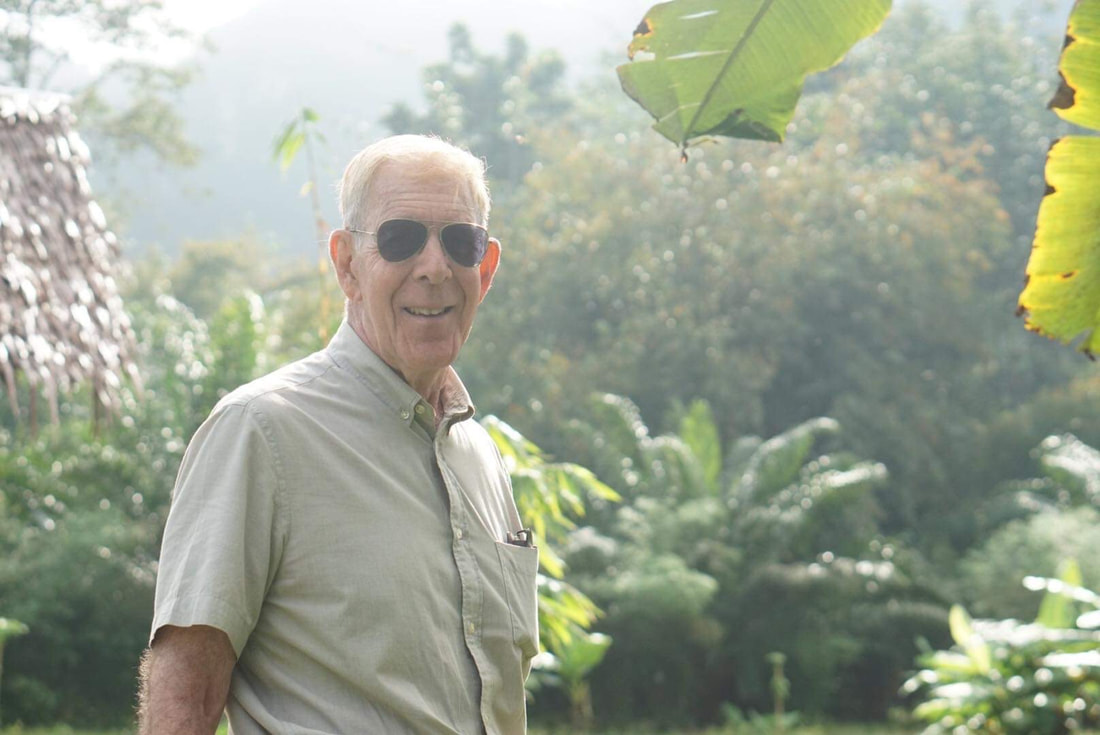
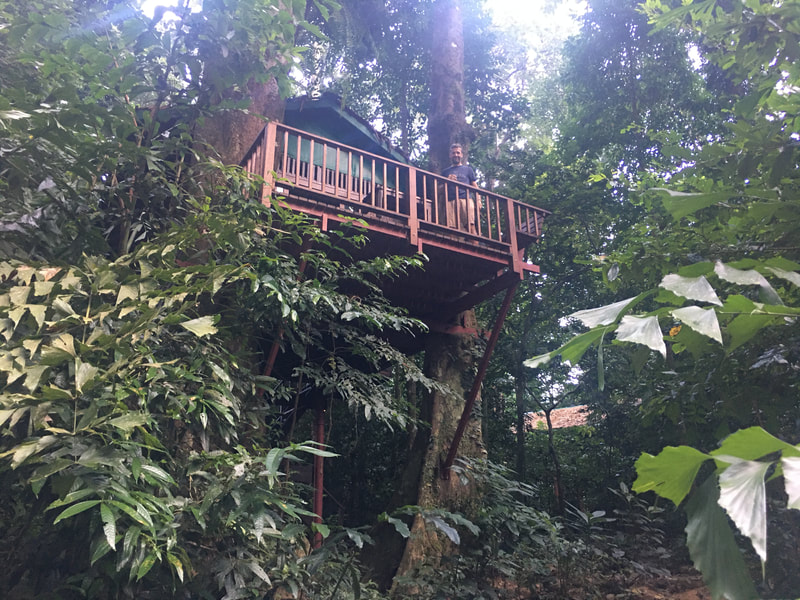
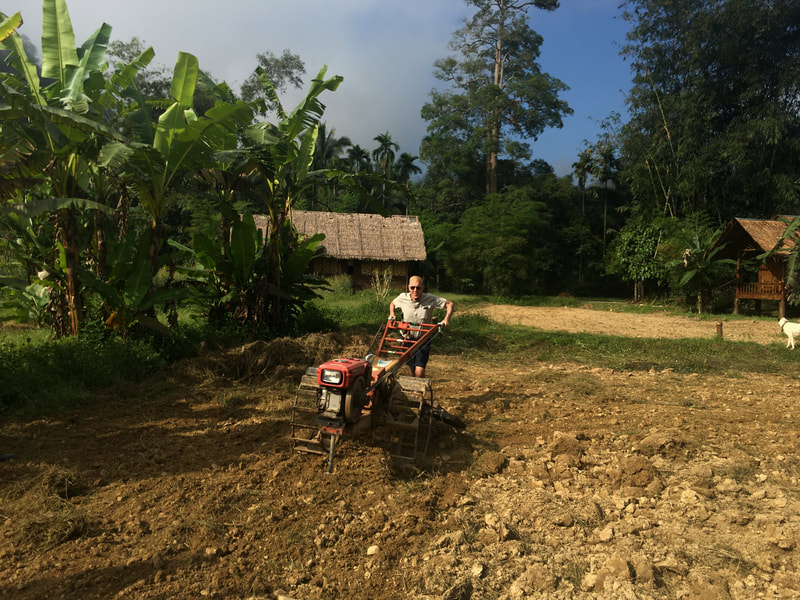
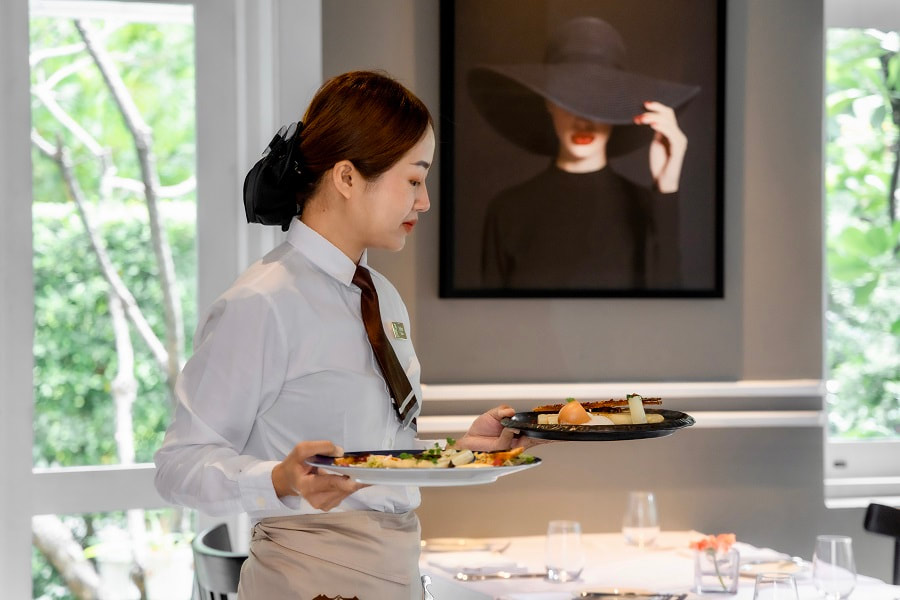
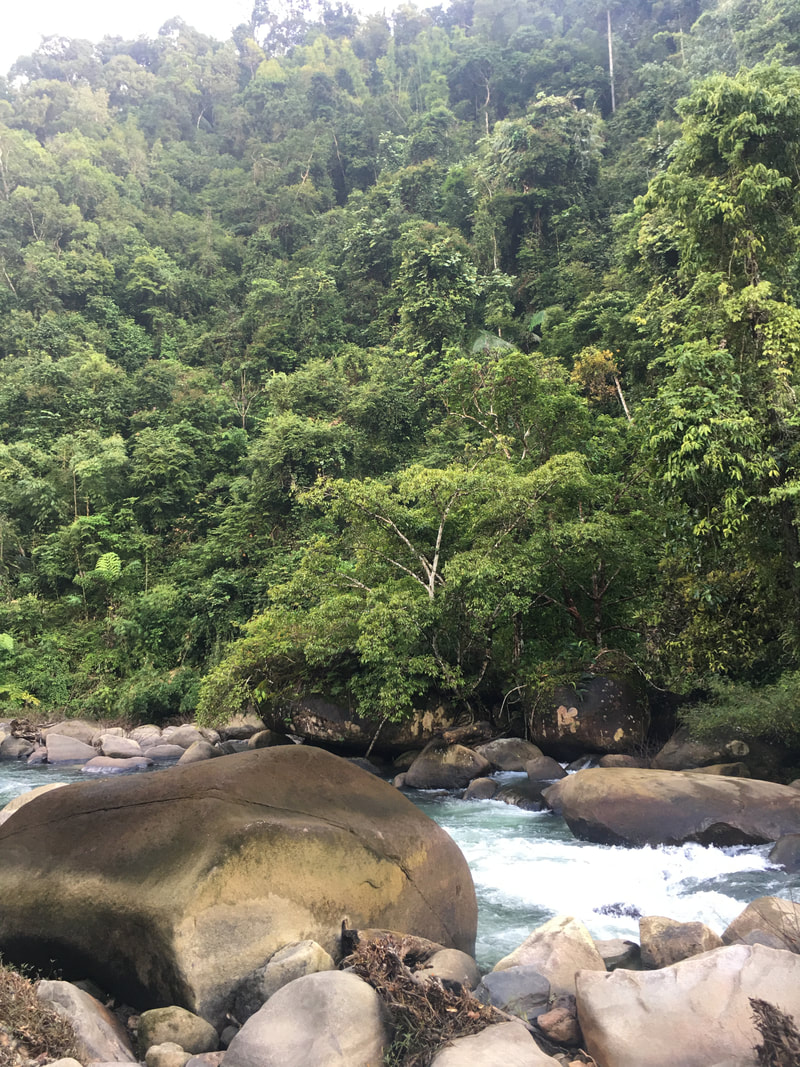
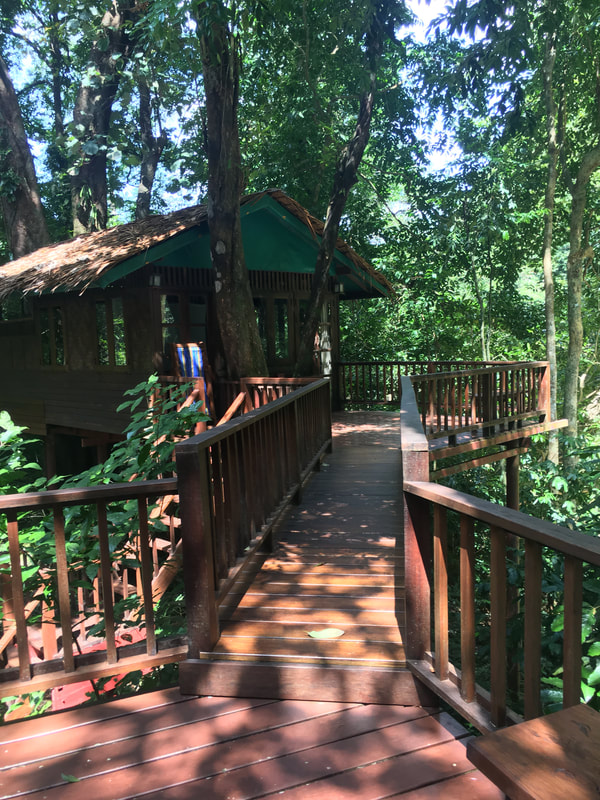
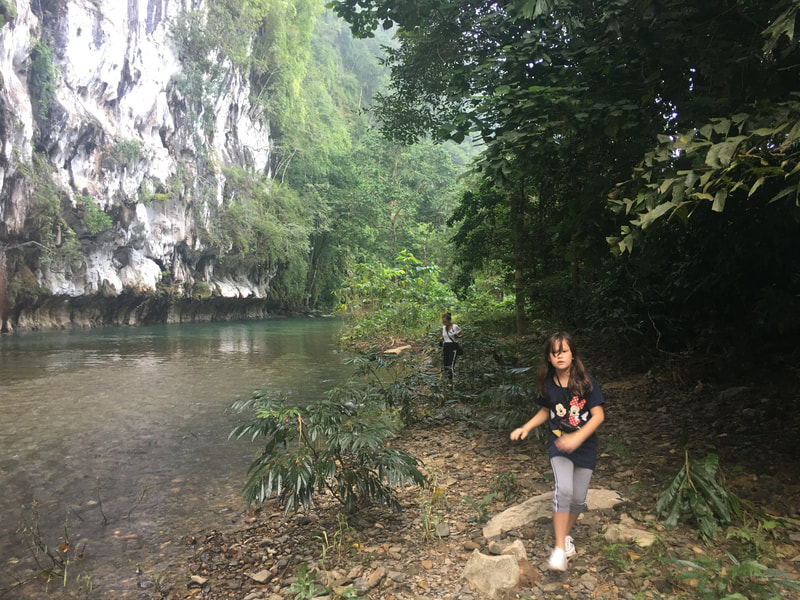
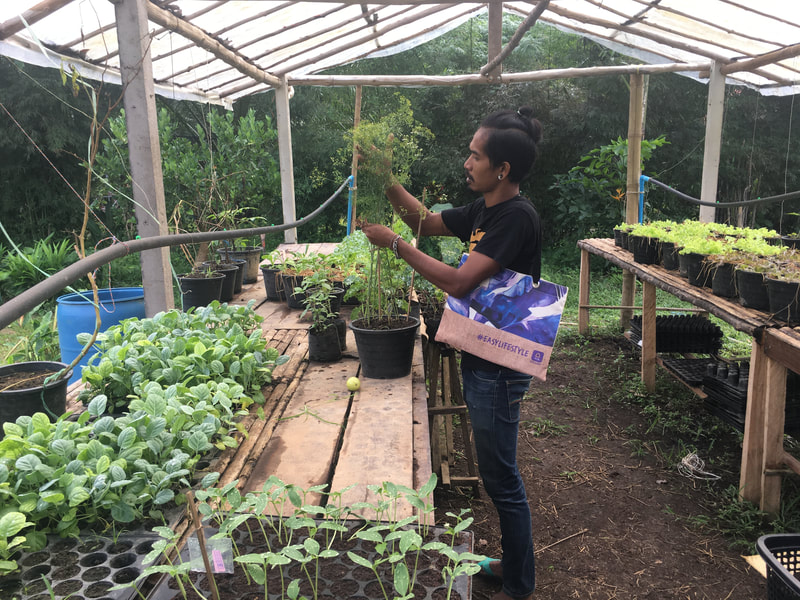
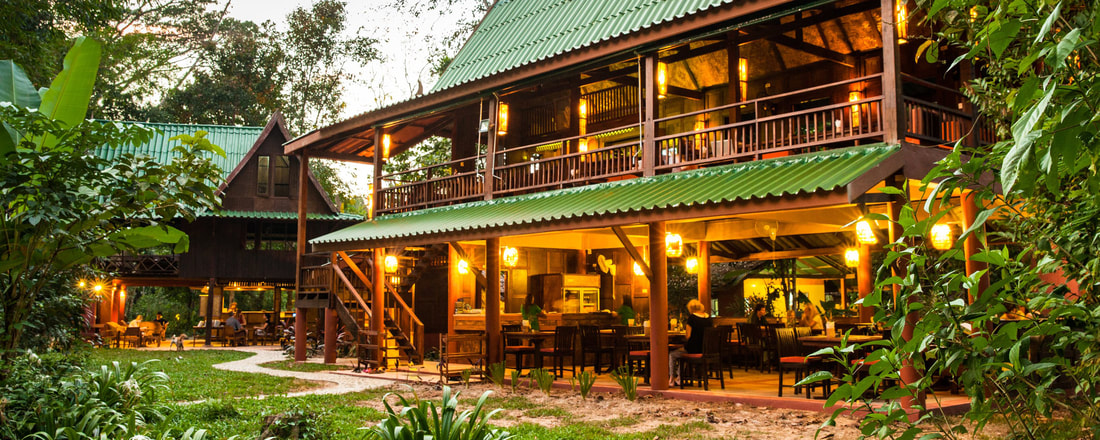
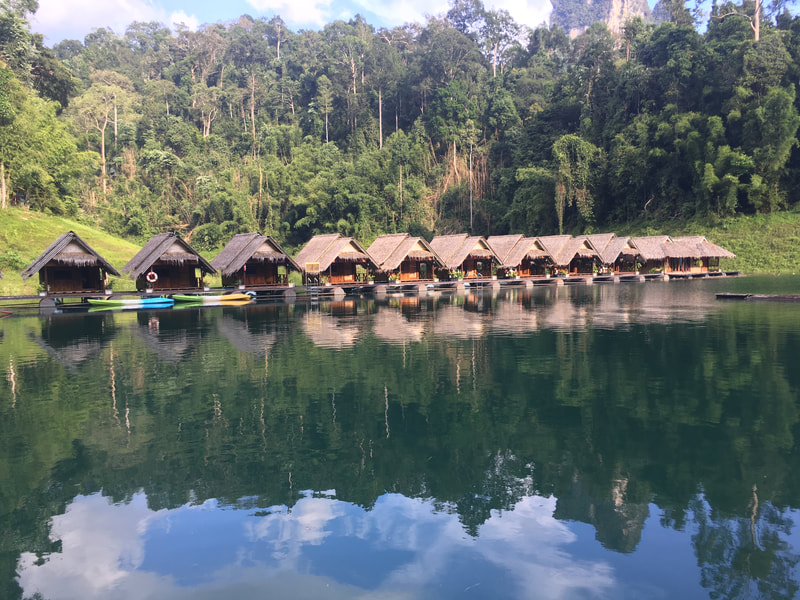
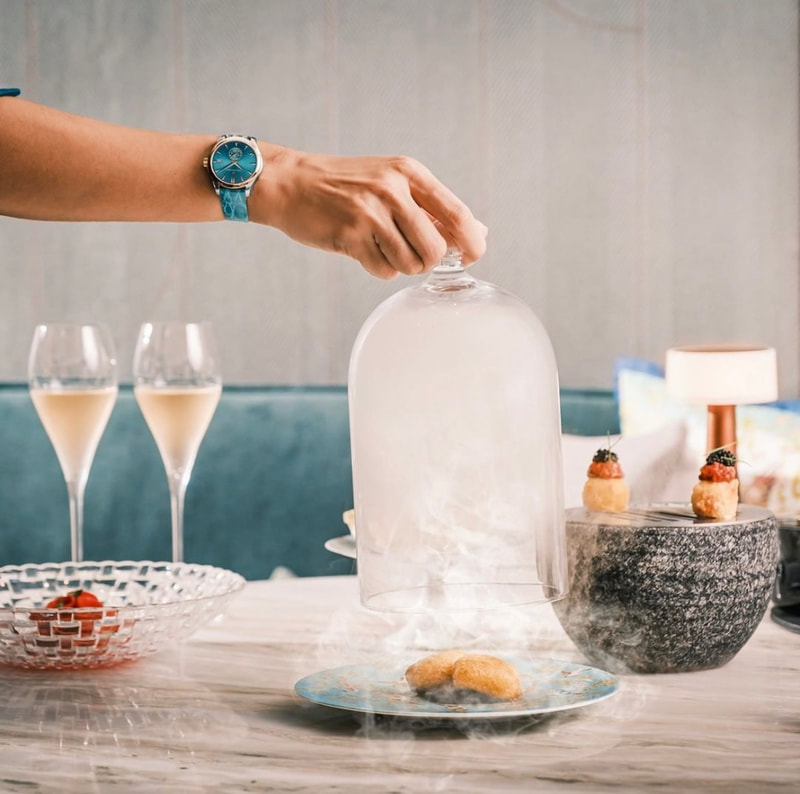
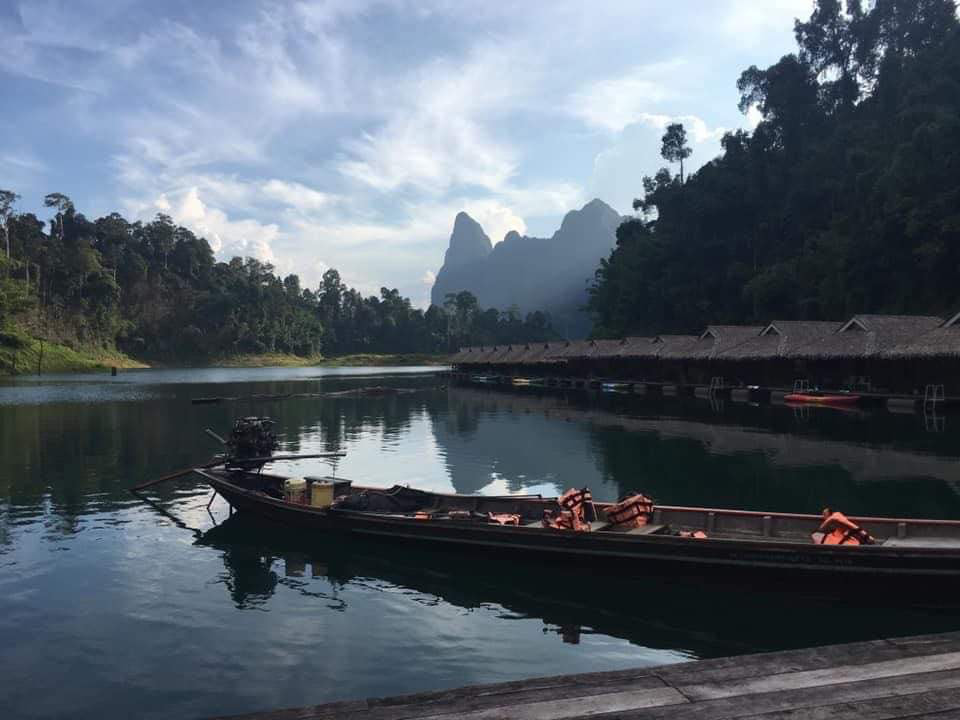
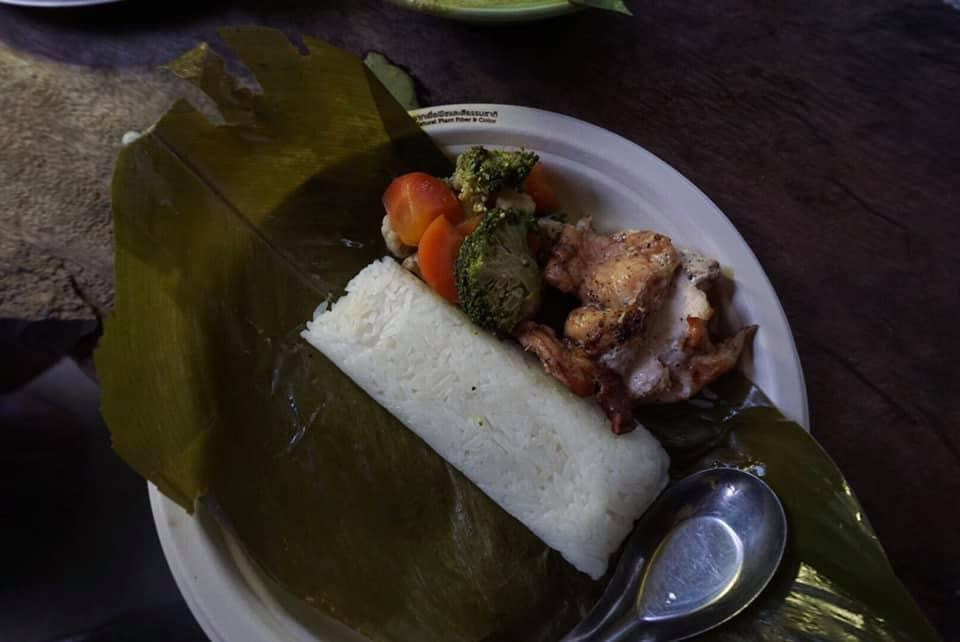
 RSS Feed
RSS Feed
















